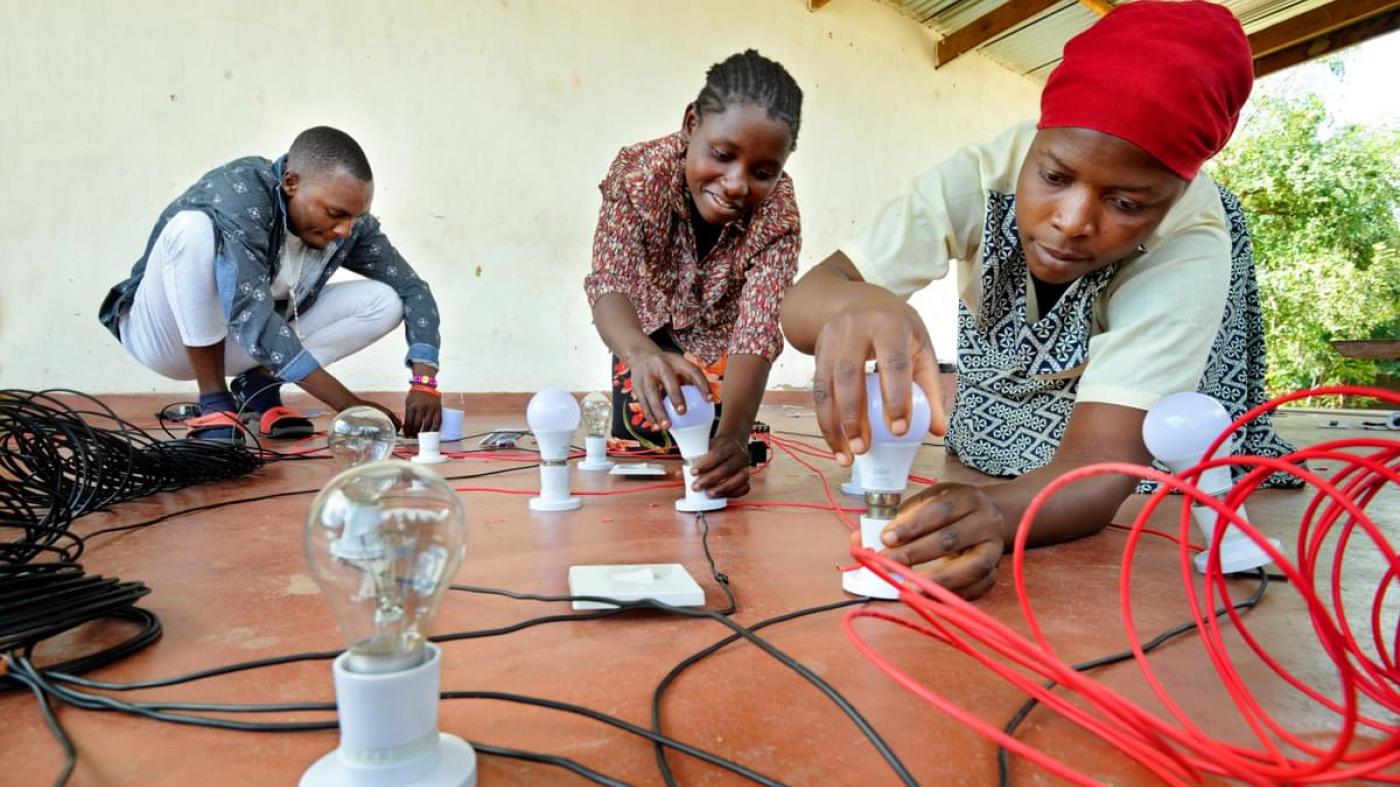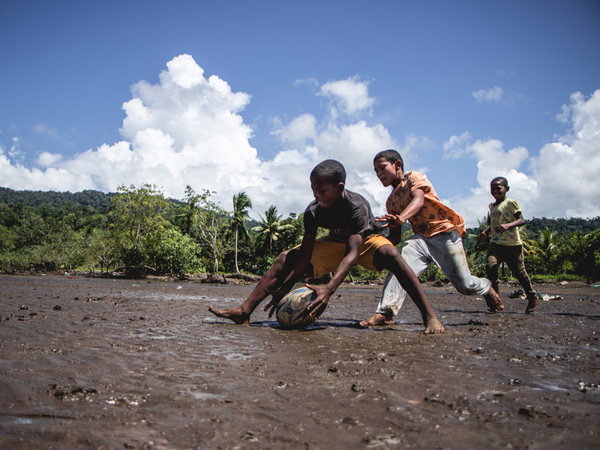The future of humanitarian relief
5 December 2023

On 5th December, SCIAF – as part of the European branch of Caritas Internationalis – launched the first of a new annual publication. The report, called ‘Unfulfilled Promises’, outlines how the largest and most powerful humanitarian funders are still not doing enough to support locally-led humanitarian action.
The report is a call to action on the future of humanitarian relief – to move faster to shift power and resources to the people most impacted by emergencies and to local organisations that are often best able to support them.
We are proud to be the Scottish member of Caritas International – a global, Catholic network of more than 160 national organisations dedicated to helping people survive crises, recover from them, and ‘build back better’. Being a member of this network gives us great reach and capacity, allowing us to work with and support local partners around the globe at times of need.
As a network, we know a lot about partnership and locally-led responses to humanitarian crises – and know that local humanitarian organisations are often better placed to respond to crises than international ones, as they have a better understanding of the local context and are known and trusted by the affected communities.
Mark Adams, SCIAF Programme Manager said,
“Working with local partners during humanitarian crises is often the best way of serving people’s needs, as demonstrated this year following the earthquakes in Türkiye-Syria or the floods in Bangladesh. This report shows that the biggest funders are not yet doing enough to support this way of working: supporting the approach of networks such as Caritas to localising relief."
The new report includes case studies from our colleagues in Colombia and Lebanon too – countries that have seen devastating conflicts and crises. It shines a light on the heroic and humbling action of local people, their organisations and their religious leaders and institutions to help people to survive and to recover. It brings to the fore their views and priorities for a more effective and equal humanitarian system.
Caritas is one of the largest humanitarian networks in the world. This new report helps to show the work that Caritas do around the globe, and to highlight some of the ways in which these national organisations can be supported to better assist people when they are affected by natural disasters, conflict, and man-made catastrophes.
Read the full report

SCIAF has been working in Colombia since 1985, focussing on peace and justice, livelihoods and disaster risk reduction.

Our Impact Magazine details the wonderful ways in which your support has changed lives around the world – 1,070,060 lives to be precise!

With our partners we work to provide emergency supplies and psychosocial support as well as helping communities to rebuild and recover.
Previous
Back to